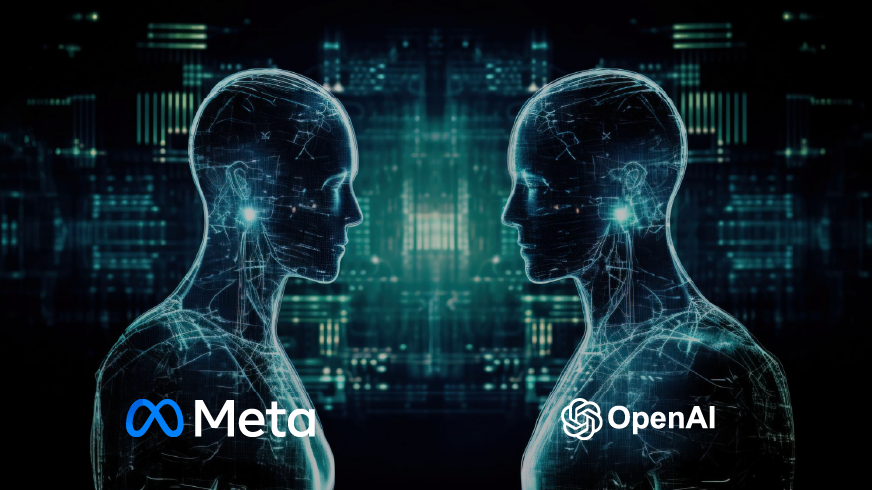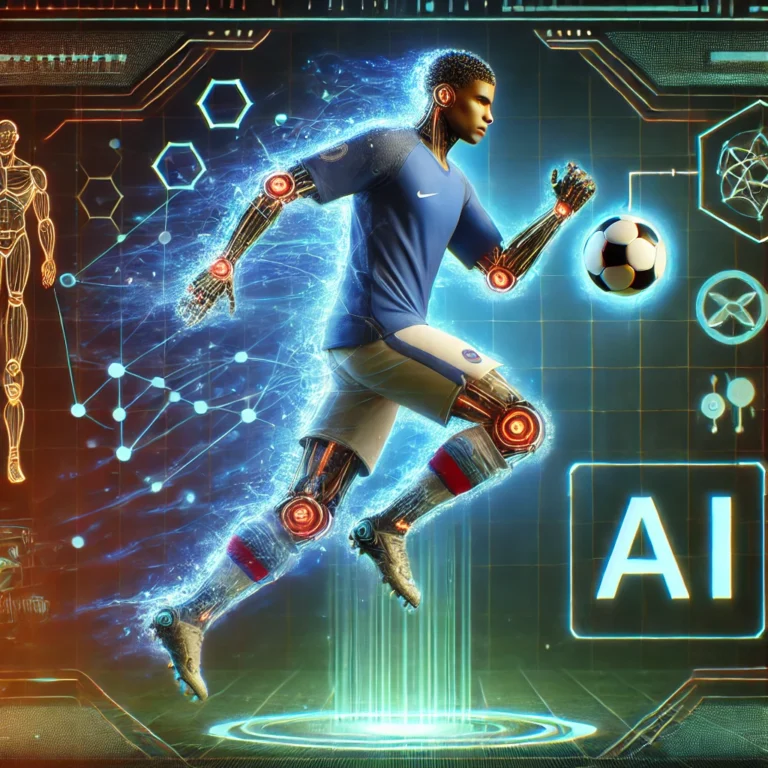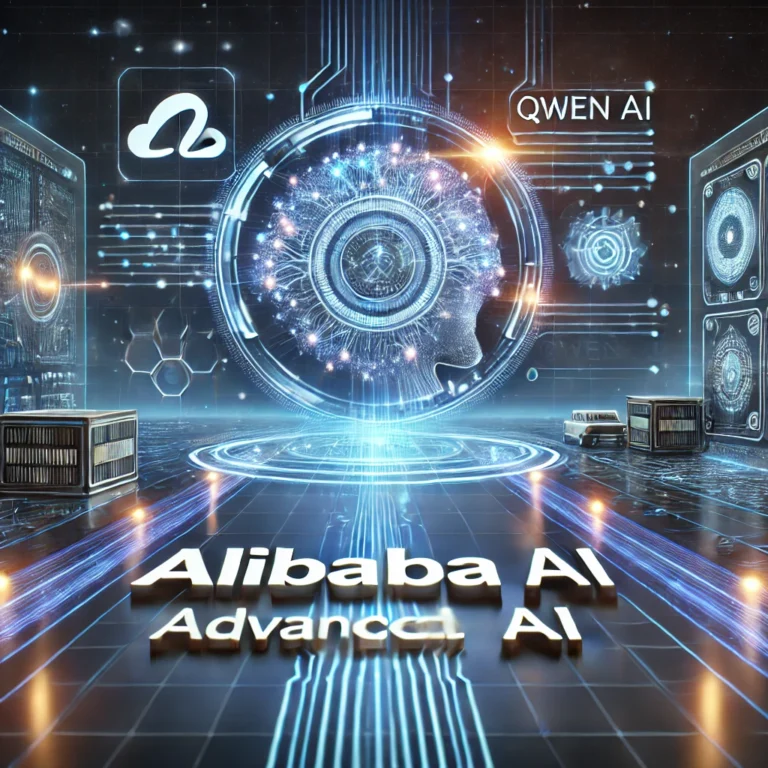Meta (formerly Facebook) is constantly pushing the boundaries of artificial intelligence (AI) to enhance user experiences, improve content moderation, and explore new frontiers in virtual and augmented reality. With billions of users around the globe, AI plays a central role in Meta’s vision to make the digital world more engaging, interactive, and safe.
In this article, we explore the latest AI technologies that Meta is using to shape the future.
1. AI-Powered Content Moderation
One of the most essential uses of AI at Meta is content moderation. With a massive amount of data uploaded daily, AI helps identify harmful content in real-time, ensuring a safer online environment.
Key AI Systems Involved:
- Deep Learning: AI models that learn from vast datasets to detect inappropriate content such as hate speech and graphic violence.
- Computer Vision: Helps detect harmful images or videos by analyzing visual content automatically.
- Natural Language Processing (NLP): AI understands the context and intent behind text posts to identify offensive language, disinformation, or spam.
Meta combines AI with human reviewers to provide effective moderation at scale while minimizing errors.
2. Personalized Content Recommendations
AI is a major driver behind Meta’s ability to personalize content for users. By analyzing user behavior, interactions, and preferences, Meta delivers content tailored to individual interests, whether it’s on Facebook, Instagram, or Facebook Watch.
Techniques Used for Personalization:
- Reinforcement Learning: AI adapts content recommendations based on user actions over time.
- Collaborative Filtering: AI suggests content based on similar interests or activities of other users.
- NLP and Sentiment Analysis: Helps Meta understand the emotional tone of posts and comments, refining content suggestions.
These AI-driven algorithms ensure that users have a relevant and engaging experience every time they scroll through their feed.
3. AI in Augmented Reality (AR) and Virtual Reality (VR): Building the Metaverse
Meta’s ambitious vision for the Metaverse is heavily reliant on AI, particularly in the fields of AR and VR. AI is making virtual worlds more immersive, interactive, and seamless.
AI Technologies in AR/VR:
- Computer Vision: Allows Meta’s devices (like Oculus) to recognize real-world environments and integrate them with virtual elements.
- Pose Estimation: AI tracks human movement and gestures to enable more natural interactions in virtual spaces.
- Voice Assistants: AI-powered voice recognition enables hands-free control and interaction within the Metaverse.
- Simulated Avatars: AI models generate digital avatars that mimic users’ movements and expressions in real-time.
The AI-powered Metaverse promises to revolutionize how we interact with digital content, providing a more immersive and personalized virtual experience.
4. AI for Advertising: Hyper-Targeted Marketing
Meta has transformed the digital advertising landscape by leveraging AI for ad targeting and personalization. Advertisers can reach specific audiences based on deep insights into user behavior, making ads more relevant and engaging.
Key AI Techniques in Advertising:
- Predictive Analytics: AI analyzes user data to predict which ads will resonate most with individual users.
- A/B Testing: AI runs experiments to test different ad variations and optimize performance.
- NLP: Helps match ads to the right audience by analyzing text and keywords.
This AI-driven approach ensures that advertisers achieve better returns on their investments, while users see ads that are more likely to interest them.
5. AI Research at Meta: Pushing the Limits of Artificial Intelligence
Meta’s Facebook AI Research (FAIR) lab is dedicated to developing next-gen AI technologies. Some of the lab’s most exciting innovations include:
Research Focus Areas:
- Multimodal AI: AI systems that can process and understand multiple forms of data simultaneously—such as text, images, and video—improving recommendations and user interactions.
- Few-Shot Learning: AI that can learn from a small number of examples, potentially reducing the need for large datasets.
- AI Ethics: Meta is also exploring how to make AI fairer, more transparent, and less biased, ensuring that AI systems are aligned with ethical standards.
With these advancements, Meta is shaping the future of AI and its impact on various industries.
6. AI in Messenger and WhatsApp: Enhancing Communication
Meta’s messaging apps, Messenger and WhatsApp, are also powered by AI. These platforms use AI to improve communication and customer service experiences.
AI Features in Messaging:
- AI Chatbots: Automate customer service and improve engagement for businesses on Messenger.
- Smart Replies: AI suggests quick, contextually relevant responses to messages, making communication more efficient.
- Real-Time Translation: AI-powered translation helps users from different linguistic backgrounds communicate easily.
AI is transforming how people connect and communicate on Meta’s platforms, making conversations faster and more intuitive.
Conclusion: The Future of AI at Meta
Meta’s investment in AI is revolutionizing the way users interact with technology. From content moderation and personalized recommendations to the creation of the Metaverse and cutting-edge advertising tools, AI is at the heart of Meta’s innovation strategy.
As the company continues to evolve and develop its AI technologies, we can expect even more breakthroughs in digital experiences, communication, and virtual reality. Meta is paving the way for a future where AI not only enhances the user experience but also creates a more interconnected and immersive digital world.









